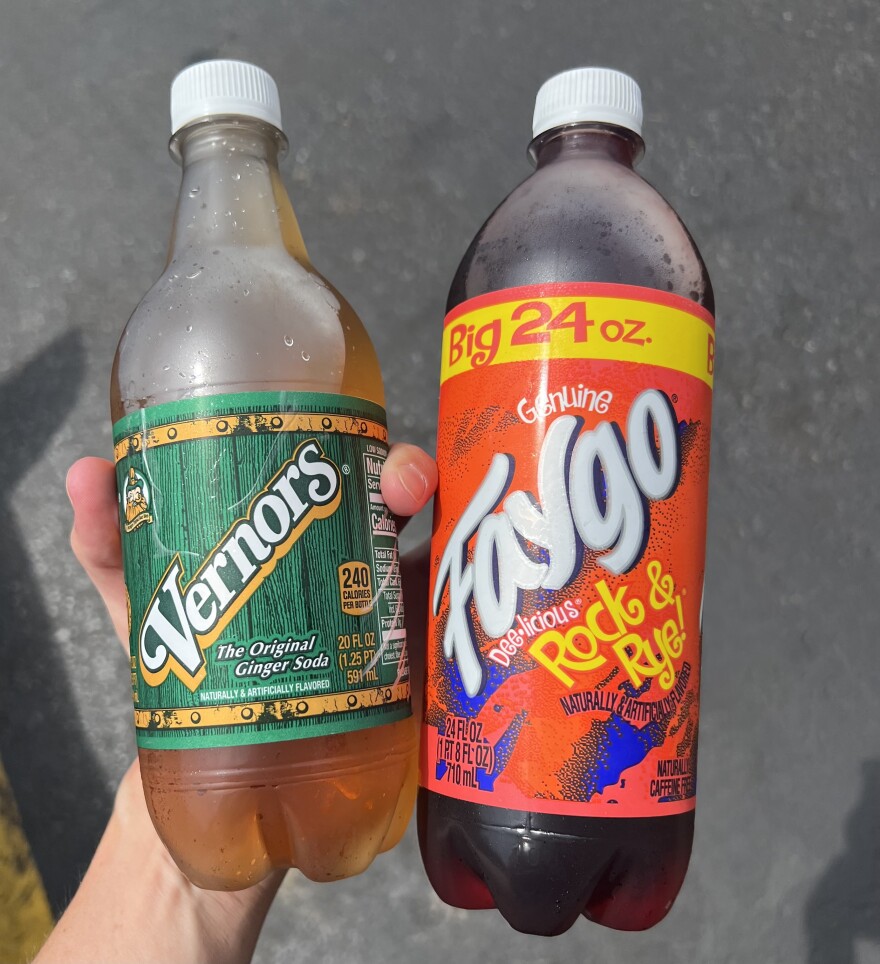Is Vernors the quintessential Michigan pop?
State representative Jason Woolford whose district covers Howell wants to make the soda the state’s official beverage and has introduced legislation this week to do just that.
The bill, which is only three lines long, was introduced by Woolford on July 22 and was referred to Committee on Government operations.
But what about another iconic Michigan pop – Should Faygo earn the title instead?
According to the Detroit Historical Society, Vernors was invented by the Detroit pharmacist James Vernor way back in 1866 – making it one of the nation’s oldest soft drinks. As the story is often told (though I could not verify), James went to serve in the Civil War in 1862 and left a concoction of vanilla and other spices in an oak barrel. When he returned four years later, he found he had created something surprisingly delicious.
James Vernor later went on to sell the drink out of his pharmacy soda fountain, but soon was selling the beverage all over the Midwest. Eventually, his company opened a plant in what is now Midtown Detroit which included a long glass front where people could watch the bottling process. It wasn’t until 1966 that the ginger soda company was sold to an investment group and then later resold in 1933 to Cadbury-Schweppes, a British company known for chocolate and soft drinks.
Faygo may not be as old, but has roots just as deep as Vernors in Michigan history. The Feigenson Brothers, Ben and Perry, were Russian immigrants who were bakers by trade. In 1907, the brothers founded the Feigenson Brothers Bottle Works in Detroit and offered just four flavors which they based off of cake frosting recipes they used in Russia.
As the drink’s popularity grew over the decades, the company remained a Detroit staple — with ads airing during Tigers games in the 1960s and 1970s advertisements featuring people singing the “Faygo Boat Song” aboard a Boblo Boat.
Vernors and Faygo are both classic Michigan drinks, each with a strong local story. It’s hard to say which one should be the official state drink—because both are pure Michigan in their own way.

